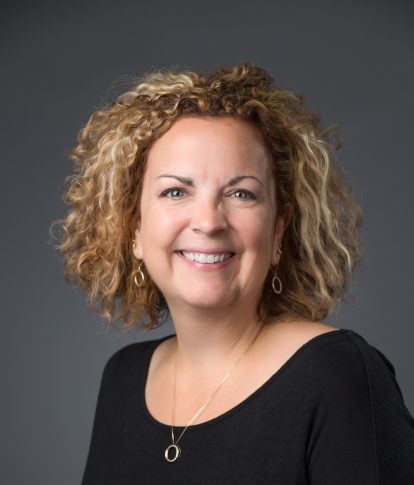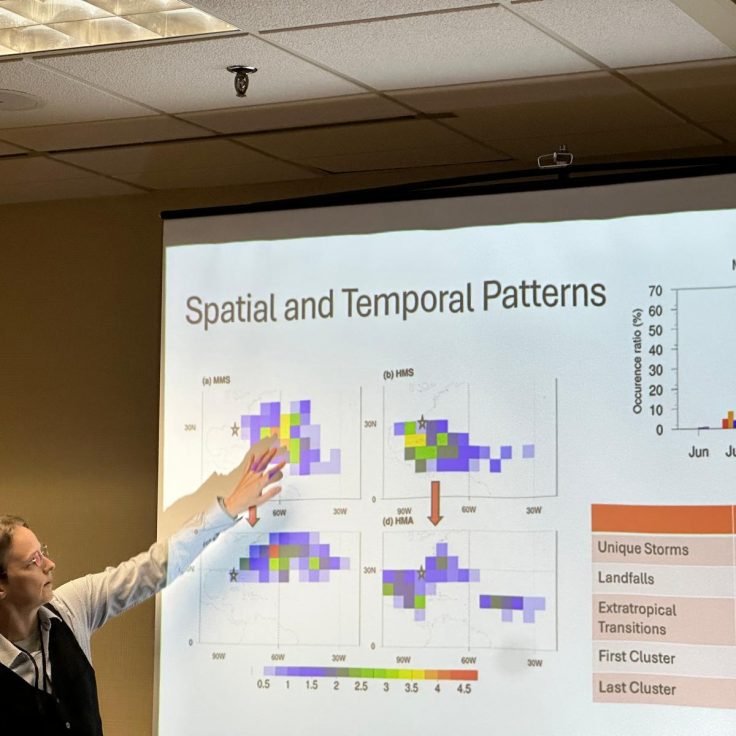On the Inside
Criminology Prof Engages the World Behind Bars

When an inmate on death row wrote to a local newspaper in search of a pen pal, then-high schooler JODI LANE (opens in new tab) took notice. Even at that young age, Lane was curious about how society dealt with criminal offenders — and who better to ask than someone living it? She responded to his letter, peppering him with questions about life in prison.
Lane’s curiosity never subsided: she has studied topics including the corrections system and fear of crime since 1999 as a professor in UF’s Department of Sociology and Criminology & Law. Repeatedly recognized as one of the most prolific scholars in her field, Lane still believes in directly engaging correctional populations to learn about the system they inhabit.
Few institutions, though, make a point of formally teaching criminology students how to access correctional facilities — or how to interact with those inside. To help the next generation of students navigate the world behind bars firsthand, Lane co-authored Encountering Correctional Populations: A Practical Guide for Researchers (opens in new tab) (University of California Press) in 2018.
The book covers the persistence required to gain entry, tips for building a rapport and maintaining relationships with inmates and staff, the ethics of prison research and other essentials for collecting data in correctional facilities.
“We rarely teach people how to do the work,” Lane said. “Those of us who do this forget how we learned to do it.”
Lane’s PhD adviser, the late acclaimed criminologist Joan Petersilia, praised the book as a “treasure trove of essential information.”
“It is time to break open the ‘black box’ of corrections research, and this book is the first practical guide on how to do this,” wrote Petersilia, who passed away in October 2019.
Aspiring criminologists would do well to heed Lane’s guidance: This past November, Lane was honored as the 2019 Distinguished Scholar by the American Society of Criminology’s Division on Corrections and Sentencing.
Her dedication to imparting her wisdom to the next generation of criminologists isn’t new. In 2013, Lane was recognized with the Outstanding Mentor Award from the Academy of Criminal Justice Sciences. In the midst of a three-year UF Research Foundation Professorship, she also continues her own investigations, recently publishing new insights into how gender and race play a role in juvenile delinquency and fear of crime.
For Lane, hands-on correctional research is not only valuable for providing the data that will eventually turn into public policy — it also gives a voice to those in the system.
“Often people inside don’t feel heard,” Lane said. “When someone is willing to sit down with them, they like feeling that someone is listening.”


